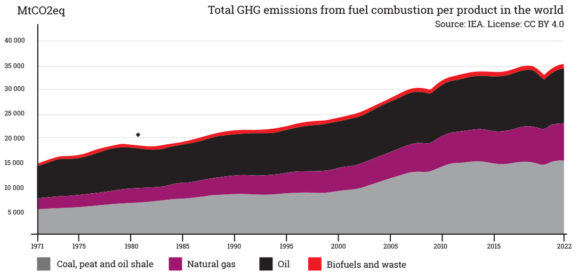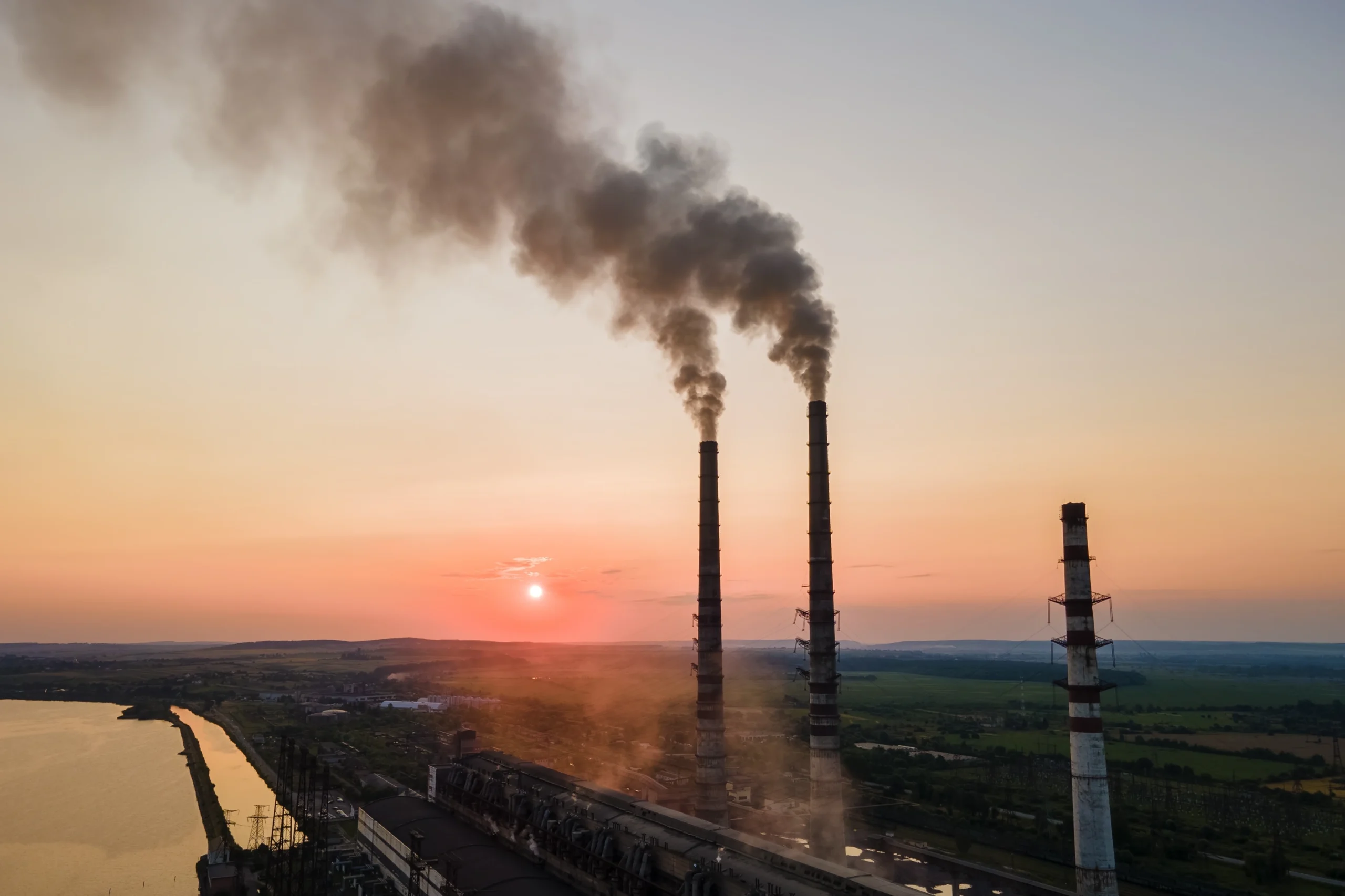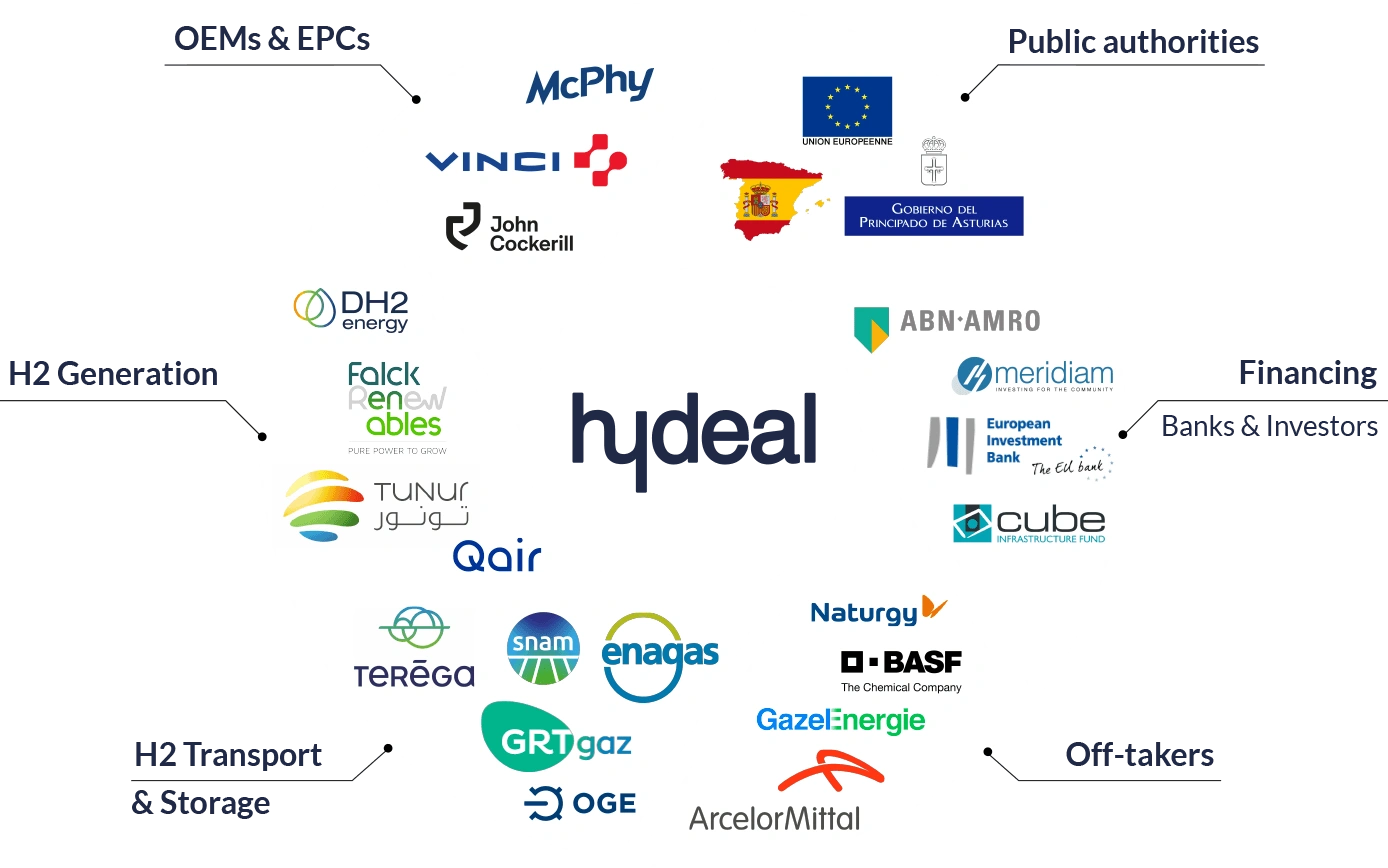Who pays for extreme weather?

John E. Kaye
- Published
- Home, Sustainability

The costs of extreme weather events are mounting, which means taxing the oil and gas majors responsible for the climate crisis must be the way forward, says Ian Duff of Greenpeace
In the past year, Hurricane Beryl struck the Caribbean, Mexico and the US, typhoon Carina battered the Philippines, and deadly floods wreaked havoc in Italy, India, Kenya, and South Africa. Brazil declared a state of emergency as wildfires engulfed Sao Paulo, after floods hit the Rio Grande do Sul and a punishing drought scorched the Amazon basin. Heatwaves and fires affected nearly every part of the globe, from North America, to the Mediterranean, to South and East Asia.
Recent climate science confirms that many of these events would have been less severe without rising global temperatures. Such catastrophes not only threaten lives and livelihoods, but also incur global losses exceeding $16m per hour, according to research published in Nature Communications.
Experts predict that future extreme weather events will be even more frequent and costly, turbocharged by extracting, transporting and burning oil and gas. One study forecasts that climate-related damages could cost the global economy up to $38tn annually by 2050. Such costs are clearly not distributed evenly.
The most vulnerable countries, often among the poorest and least responsible for the climate crisis, bear the brunt of these crises. Governments sometimes step in to cover these costs, placing a heavy burden on public finances and taxpayers. Leaving the fossil fuel industry unscathed is neither sustainable nor fair.
The one crucial question
In 2022, world leaders agreed to establish a Loss and Damage Fund to assist climate-vulnerable nations, yet only around $700m has been pledged – insufficient to cover the annual scale of damages. Trillions of dollars are needed for climate action and loss and damage, raising the crucial question: who will pay?
The just and equitable answer is to make those most capable and most responsible for the crisis contribute the most.
Since Russia’s 2022 invasion of Ukraine and the subsequent energy price spike, the global oil and gas industry has seen its profits soar from $1.5tn annually before covid to an unprecedented $4tn in 2022. This is over 5,000 times the amount pledged to the Loss and Damage Fund.
The oil and gas industry, largely responsible for accelerating climate change, continues to invest heavily in fossil fuel projects rather than transitioning to renewable energy. The UN Secretary General António Guterres has condemned the industry as “the Godfathers of climate chaos,” profiting from record revenues and substantial taxpayer-funded subsidies.
Despite knowing the impacts of their activities for decades, fossil fuel companies have ignored or concealed the truth, discredited scientific evidence, and violated laws for profit. Redirecting the industry’s vast wealth through global taxes on its activities and cutting the estimated $1.3tn in direct government subsidies could provide critical funds for climate-impacted communities.
A recent report supported by Greenpeace suggests that taxing fossil fuel extraction in wealthy economies could generate $720bn by the decade’s end for the Loss and Damage Fund, and $180bn for accelerating the transition away from fossil fuels. Higher taxes on fossil fuel trading, dividends, and share buybacks could also yield essential revenue.
There is popular support to impose such measures: a recent survey by Stack Data Strategy found that 64% of respondents in major economies support taxing fossil fuel companies to combat climate change.

Making the polluters pay
At the UN climate talks in Baku, Azerbaijan in November (COP29), nations will need to agree on a new climate finance package aimed at helping to fund urgent climate action across the world. Trillions – not billions – of dollars are needed because the costs of inaction are mounting every day and climate justice requires the redress of historical wrongs.
A fair solution includes the oil and gas industry (and other high-emitting sectors) taking responsibility for the destruction their products cause. European companies like TotalEnergies, Shell, BP, Equinor, or Eni, must pay for the destruction brought by their products and aggressive lobbying. Taxing the fossil fuel industry can restore hope among voters and demonstrate that effective climate action is possible.
It’s time for governments to end their “criminal abdication,” as the UN Secretary-General rightly put it, in the fight against climate change. World leaders must force fossil fuel giants to stop drilling and start paying for the global damage they are causing.
About the author
Ian Duff is Head of Greenpeace International’s Stop Drilling Start Paying campaign.
Get involved
Visit www.act.gp/whopays to join the campaign or share your views with Greenpeace International’s campaign team: [email protected]

Main image: July 2024, community volunteer rescuers struggle to wade through almost neck-deep water and get evacuees to safety during Typhoon Carina/Gaemi in the Philippines. © Noel Celis/Greenpeace
RECENT ARTICLES
-
 Strong ESG records help firms take R&D global, study finds
Strong ESG records help firms take R&D global, study finds -
 How residence and citizenship programmes strengthen national resilience
How residence and citizenship programmes strengthen national resilience -
 Global leaders enter 2026 facing a defining climate choice
Global leaders enter 2026 facing a defining climate choice -
 EU sustainability rules drive digital compliance push in Uzbekistan ahead of export change
EU sustainability rules drive digital compliance push in Uzbekistan ahead of export change -
 China’s BYD overtakes Tesla as world’s largest electric car seller
China’s BYD overtakes Tesla as world’s largest electric car seller -
 UK education group signs agreement to operate UN training centre network hub
UK education group signs agreement to operate UN training centre network hub -
 Mycelium breakthrough shows there’s mush-room to grow in greener manufacturing
Mycelium breakthrough shows there’s mush-room to grow in greener manufacturing -
 Oxford to host new annual youth climate summit on UN World Environment Day
Oxford to host new annual youth climate summit on UN World Environment Day -
 Exclusive: Global United Nations delegates meet in London as GEDU sets out new cross-network sustainability plan
Exclusive: Global United Nations delegates meet in London as GEDU sets out new cross-network sustainability plan -
 Fast fashion brands ‘greenwash’ shoppers with guilt-easing claims, study warns
Fast fashion brands ‘greenwash’ shoppers with guilt-easing claims, study warns -
 Private sector set to overtake government as main driver of corporate sustainability in 2026, report suggests
Private sector set to overtake government as main driver of corporate sustainability in 2026, report suggests -
 Sir Trevor McDonald honoured at UWI London Benefit Dinner celebrating Caribbean achievement
Sir Trevor McDonald honoured at UWI London Benefit Dinner celebrating Caribbean achievement -
 Historic motorsport confronts its energy future
Historic motorsport confronts its energy future -
 Protecting the world’s wild places: Dr Catherine Barnard on how local partnerships drive global conservation
Protecting the world’s wild places: Dr Catherine Barnard on how local partnerships drive global conservation -
 Europe’s HyDeal eyes Africa for low-cost hydrogen link to Europe
Europe’s HyDeal eyes Africa for low-cost hydrogen link to Europe -
 Fabric of change
Fabric of change -
 Courage in an uncertain world: how fashion builds resilience now
Courage in an uncertain world: how fashion builds resilience now -
 UAE breaks ground on world’s first 24-hour renewable power plant
UAE breaks ground on world’s first 24-hour renewable power plant -
 China’s Yancheng sets a global benchmark for conservation and climate action
China’s Yancheng sets a global benchmark for conservation and climate action -
 Inside Iceland’s green biotechnology revolution
Inside Iceland’s green biotechnology revolution -
 Global development banks agree new priorities on finance, water security and private capital ahead of COP30
Global development banks agree new priorities on finance, water security and private capital ahead of COP30 -
 UK organisations show rising net zero ambition despite financial pressures, new survey finds
UK organisations show rising net zero ambition despite financial pressures, new survey finds -
 Gulf ESG efforts fail to link profit with sustainability, study shows
Gulf ESG efforts fail to link profit with sustainability, study shows -
 Redress and UN network call for fashion industry to meet sustainability goals
Redress and UN network call for fashion industry to meet sustainability goals -
 World Coastal Forum leaders warn of accelerating global ecosystem collapse
World Coastal Forum leaders warn of accelerating global ecosystem collapse



























